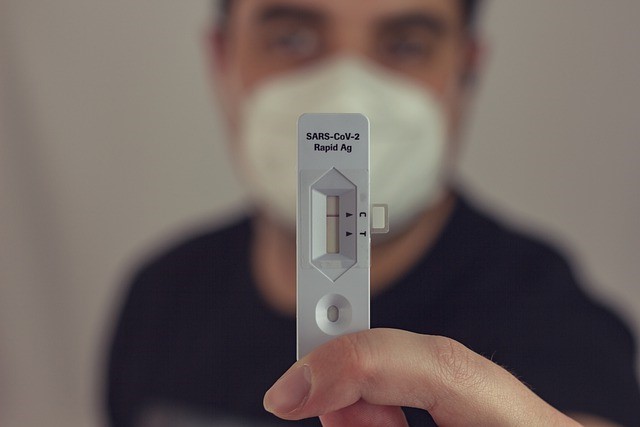What to Know About Rapid COVID Testing

Are you thinking of getting tested for the Sars-CoV-2 virus? To find a COVID-19 testing center closest to your location, search for coronavirus rapid tests near me. That will point you toward healthcare centers where you can either turn up and get tested or those that require you to make a prior appointment to get tested. The tests conducted at these centers are known as point-of-care immunodiagnostic tests. You can also get easy-to-use diagnostic test kits for home use.
Why is Rapid COVID Testing Done?
Rapid COVID testing is carried out to find out if the tested person is infected with the Sars-CoV-2 virus. As it can deliver results within minutes, it can be useful in helping people to get the proper treatment more quickly and recover sooner. At the same time, many health experts consider it to be less reliable and accurate than other types of COVID tests that can take several days to reach a diagnosis.
There are two types of rapid tests, diagnostic tests, and antibody tests.
Diagnostic tests: If you want to determine whether you are currently infected with COVID, you can take a diagnostic test. It is also known as a virus test and consists of antigen tests and molecular tests. The molecular tests are considered to be more precise than the antigen ones and the most commonly-used one is based on polymerase chain reaction (PCR).
Antibody tests: On the other hand, if you suspect that you already had the COVID infection before, you can take the rapid antibody test to ascertain it. There is also the conventional lab-based serology test.
How Does the Rapid COVID Test Work?
After you search for “Coronavirus Rapid Tests Near Me” and find a suitable healthcare center, the health workers there will administer the rapid COVID test to you.
The antigen test is a diagnostic test that is used to detect the presence of viral proteins, known as antigens, that the Sars-CoV-2 virus produces in your body when you are infected. These antigens signal your immune system to produce antibodies to fight off the infection.
The health worker will take a sample from your respiratory tract in the form of sputum or a throat swab to make the diagnosis, or take a blood or serum sample. They will then test the sample by putting it in a plastic casing containing a paper strip with antibodies. If the sample contains a sufficient amount of antigens, they will bind to the antibodies on the paper strip and generate a positive signal within 15 to 30 minutes.
Since the Sars-CoV-2 virus expresses these antigens only when it is rapidly replicating in the early stages of the infection, the rapid COVID tests are effective in detecting the viral infection in its initial stage.
The rapid diagnostic test for antibodies is used to detect the presence of antibodies in your blood. As antibodies develop several days or even weeks after the Sars-CoV-2 virus infects you, this test is generally possible only at a later or recovery phase of the infection.
How Reliable is the Rapid COVID Test?
The reliability of the rapid COVID test is dependent on various factors, such as how soon you get tested, the quality of the sample taken, the concentration of antigens in the sample, how the sample is processed and tested, and the sensitivity levels of the testing devices. There is also the issue of the test paper strip antibodies recognizing antigens of other coronaviruses, such as those that cause the common cold or the flu, and consequently giving false-positive results.
According to information provided by the World Health Organization (WHO), depending on these different factors, you can get rapid antigen test results that are anywhere from 34% to 80% reliable.
The test efficacy of the rapid antibody test will be dependent on how severe the infection is, your age, your overall health, your nutritional status, if you are taking any medications, or if you have any pre-existing, immune-suppressing infections. As with the antigen test, other common coronaviruses can give false-positive results.
Rapid diagnostic tests have emergency use authorization (EUA) only, not FDA approval after strict evaluation for accuracy. The WHO does not currently recommend them for patient care.
